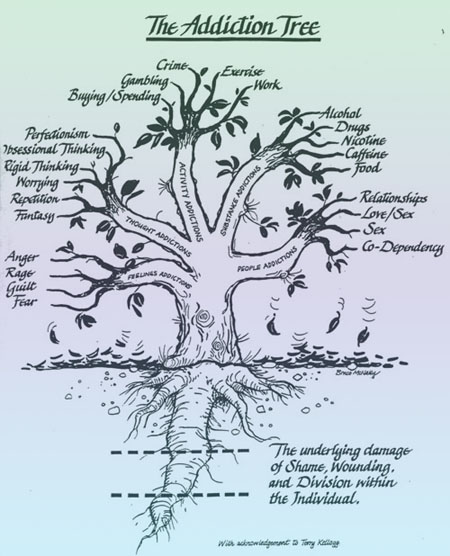Addiction is a primary, chronic disease of the brain’s reward, motivation, and memory circuits. There are genetic, psychosocial, and environmental factors that influence the brain’s development and manifestation. When these circuits dysfunction, this leads to and may result in biological, psychological and social problems.
This is illustrated when an individual pursues reward or relief with substance use such as alcohol and drugs, or behaviours such as gambling, spending, sex, love and the internet. When that individual is unable to consistently abstain, has impaired behavioural control, craves, has diminished recognition of the significant problems, and affects interpersonal relationships, this results in dysfunctional emotional responses.
The main characteristic of addiction is the individual’s inability to stop despite these negative life consequences. Like other chronic diseases, addiction involves cycles of relapse and remission. Without treatment and involvement in recovery activities, addiction is progressive and can result in disability, imprisonment or premature death.

If you have any questions or would like to make an appointment, please contact us on 8448 1106.
